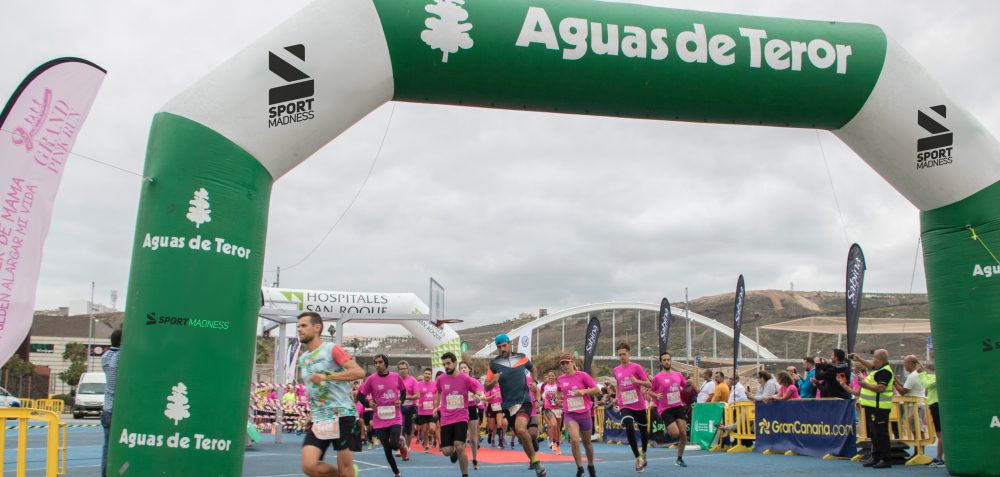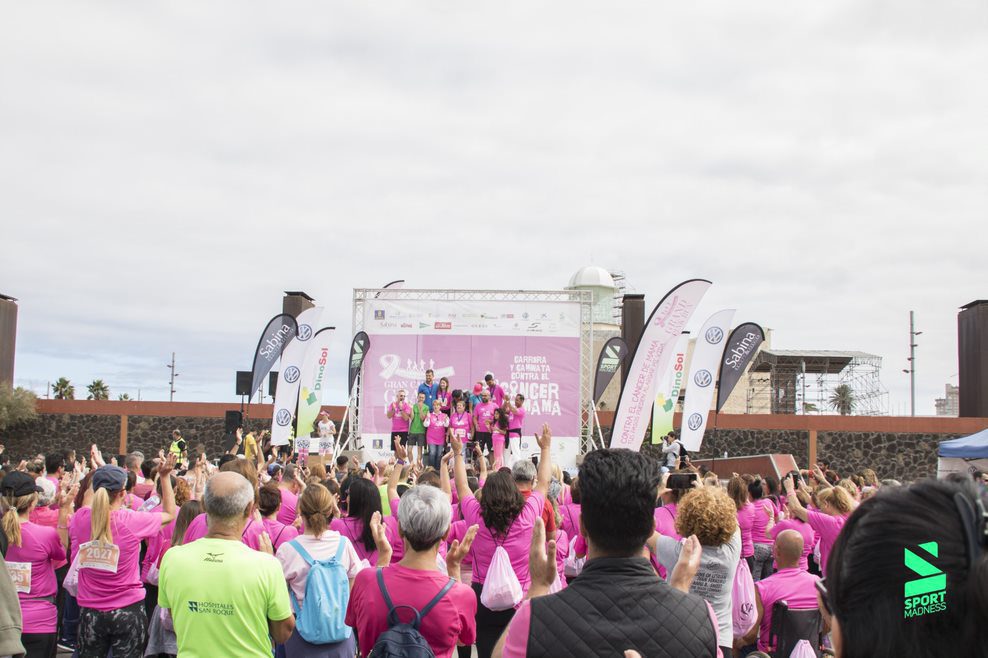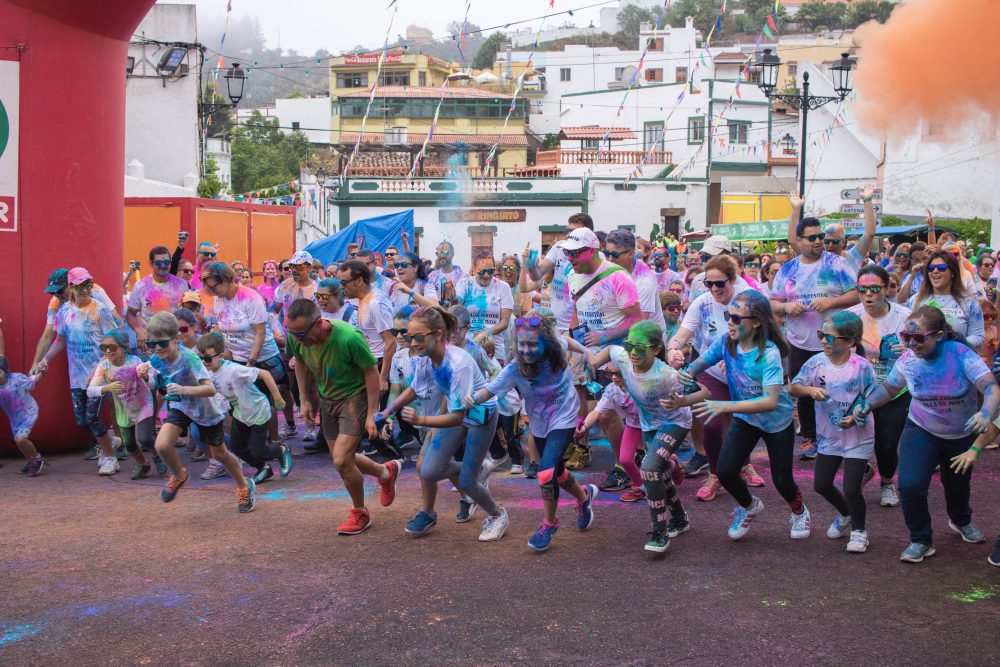How to organize a popular race: 7 keys steps to a successful event
In recent years, popular races have become a phenomenon that fascinates more and more people because of their simple format and because they are available to anyone.
If you are thinking of organizing a popular race, you will have realized that there are many aspects that must be considered so that there are no setbacks. What are the steps to follow to ensure a successful event? Here we provide you with a small guide to help you organize it.

1) What types of popular careers exist?
There are different options. Normally a popular race takes place in an urban environment, on a paved surface, and has a distance of between 1 and 12 kilometers. Although the distance of the route can be established according to what the organizer considers, the most common are the 5km and 10km races. These races allow participants to get closer to the world of running or to test themselves with a slightly more considerable distance such as 10km.
For these two types of popular races the organization is simpler, especially if the venue is a small city. For that reason the associated costs are lower. The 5km races are more suitable for solidarity events and beginner runners of any age who want to get closer to this sport.
On the contrary, they are less attractive to more experienced runners, who, wanting to improve their marks, will seek a race of 10 or more kilometers. These are aimed at runners who have more experience in this sport and are less recommended for recreational or charity events.

2) What is your goal?
First of all, ask yourself the following question: why do you want to organize a popular race? You must be clear if your objective is:
- To obtain economic profitability from your career to
- To generate impact
If you want your career to be a source of business, you will have to consider above all the ability to attract registrants, the ability to contact suppliers and the sponsorships or collaborations that you will be able to carry out. Remember that the costs related to a career are important and you will have to ensure their profitability in this case.
If your goal is to generate brand awareness or work with specific clients, you should worry about covering the expected costs. To do this, you must assess what type of race to choose: 5km, 10km or both, and from there define the planned categories: Junior, Promise, Senior, Veterans (this category should have distinctions every 10 years of age).

3) Where, how and when
To organize a race you will have to have the collaboration of the city or municipality council. First, because to establish a date you will need to know what are the events already planned; and second, because you will need permits, resources, medical and security services, etc. In addition, the collaboration of the city council will help you get more users.
4) Permits, services and insurance
As we have already indicated previously, in popular races it is essential to obtain the necessary permits from the City Council, since it is an event that is usually held on public land. It is necessary to organize it in time to request the permits, since each City Council / Municipality has different procedures and deadlines. Not all municipalities have structured procedures, and it may be more difficult to contact the person or department of your interest.
Once the permits have been requested, it will be the turn of the necessary services (Municipal Police, ambulances) so that the race is organized with full security guarantees. Finally,it will be assessed what type of insurance to hire, apart from that of civil liability, which is mandatory.

5) Resources
For closing the date of the race, you will have to anticipate to obtain all the necessary resources on time. Some are essential, while others you can include them depending on the type of experience you want to offer the user.
- Essentials: beacon / hurdles tape, numbers, accident insurance, supplies, prizes, arches signaling the start and finish line (or other forms of signaling), timing, human resources (staff before, during and after the race for the different zones and functions).
- Optional: T-shirts, corporate material, welcome pack, staff such as speaker and photographers, audiovisual material (music or entertainment during the race)
6) Communication with the participants
Yes, on the one hand, the promotion of the race in local media and the sector's website It is very important before the event and afterwards to disseminate the results achieved, we must not forget about our main client: those registered in the race!
It is important that they correctly receive the confirmation email and all the necessary information (the day of the event, instructions, conditions in case of non-participation, collection of numbers, etc.). You can decide to send successive emails with news about the world of running, training plans, challenges and everything that can motivate you in view of the day of the event.
In addition, any type of alteration or modification of the race must be communicated in advance. And after the race? Thank the participants and send the necessary links to consult the brands and multimedia material.
7) After the race
Once the event is over, it is important to collect data on the results and communicate the highlights of the race.
It is advisable to publish photos and publications in RRSS to thank the runners and sponsors, and to disseminate Press Releases to interested media to obtain new investments in future events. In this sense, it is important to collect feedback on the positive and negative aspects.
A good idea is to send a valuation survey to the brokers. It is also advisable to make one for sponsors.
Do you want to organize a popular race but you don't know where to start or who to support you? At Sportmadness we help you at every step and allow you to arrive at any point thanks to our delegation structure. Tell us what your goal is and we will design a tailor-made career.
Organise your own popular race!
Connect with your customers through sport

